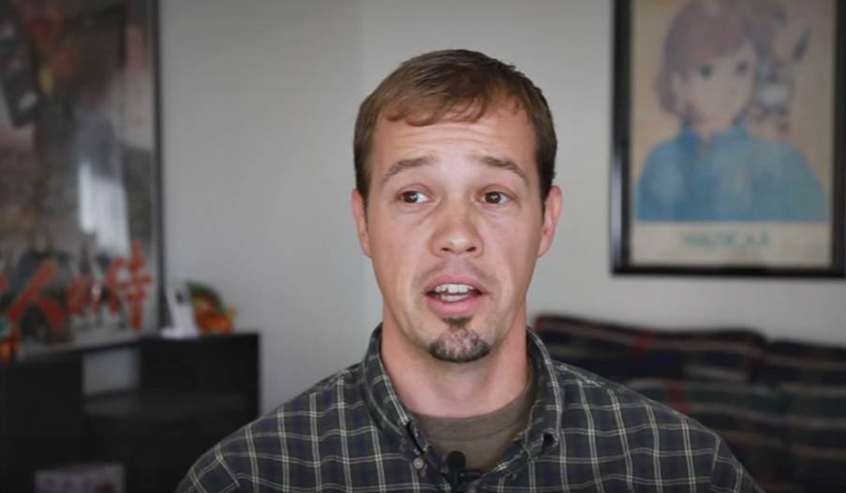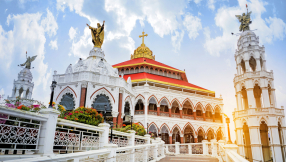
A U.S. appeals court has denied a case that challenged California's gay conversion therapy law for the second time, saying it did not violate the Free Exercise and Establishment Clause.
In a ruling issued on Tuesday, the Court of Appeals for the Ninth Circuit upheld SB 1172, which prohibits licensed mental health providers in California from providing "sexual orientation change efforts" to patients under 18 years of age.
The law defines mental health provider as "a physician and surgeon specializing in the practice of psychiatry, a psychologist, a psychological assistant, intern, or trainee, a licensed marriage and family therapist, a registered marriage and family therapist, intern, or trainee, a licensed educational psychologist, a credentialed school psychologist, a licensed clinical social worker, an associate clinical social worker, a licensed professional clinical counselor, a registered clinical counselor, intern, or trainee, or any other person designated as a mental health professional under California law or regulation."
The plaintiffs argued that the law would prohibit certain prayers during religious services and would inhibit or advance religion as some minors seek the therapy for religious purposes.
Pacific Justice Institute (PJI) filed the case against SB 1172 in 2012 and had won a preliminary injunction based on free speech.
The lead plaintiff in the case, Donald Welch, is both an ordained minister and a licensed marriage and family therapist.
"The court today simply rewrote legislative history to avoid the uncomfortable reality that the California Legislature unabashedly targeted religious beliefs with this bill," said PJI attorney Kevin Snider, who argued the case at the Ninth Circuit.
Brad Dacus, PJI president said, "We are deeply disappointed by today's ruling because it represents a giant step backwards for religious freedom. A government that can tell a pastor what he can and cannot say during counseling is a government that can tell a pastor what parts of the Bible are off-limits. The court also reminded us today that this law lays the groundwork for further restrictions on parental rights."
The court said the law did not violate the Establishment Clause.
"This argument rests on a misconception of the scope of SB 1172," Judge Susan Graber wrote for the panel. "Plaintiffs interpret SB 1172 to prohibit, for example, certain prayers during religious services. Plaintiffs are mistaken about the scope of SB 1172, because that law regulates conduct only within the confines of the counselor-client relationship."
Graber said the law does not apply to members of the clergy but only to those who represent themselves as licensed therapists.
"The law regulates the conduct of state-licensed mental health providers only; the conduct of all other persons, such as religious leaders not acting as state-licensed mental health providers, is unaffected," she wrote.













